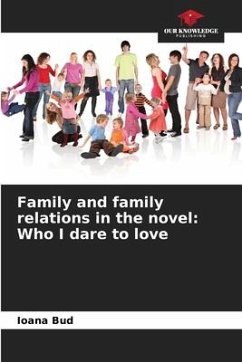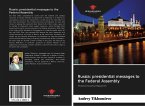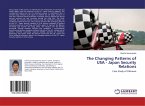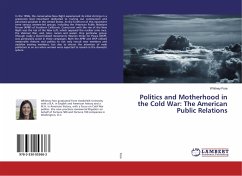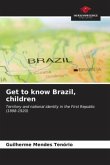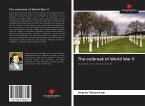Sociologists and writers, all agreed on a common point of view: the family has changed, and even more so it is in crisis. I wanted to do a research on Hervé Bazin's novel, Qui j'ose aimer, because in his work, man is celebrated and the family is the central theme of all his novels. I will try to see how this family mutation in the broad sense is transposed in the novel and influences the relationships between all the members of the family. What I also found very interesting was the fact that the novel was about a matriarchal family (recomposed towards the end) and this phenomenon is similar to that of today where many women live alone or live only with their children, the traditional figure of the father not being so important anymore. The novel also deals with this problem of marriage, which is no longer defined as an institutional logic, an inescapable social obligation (as in the past), but rather as an emotional logic ("we love each other, we marry"). The traditional model, based on marriage, has been shattered.

